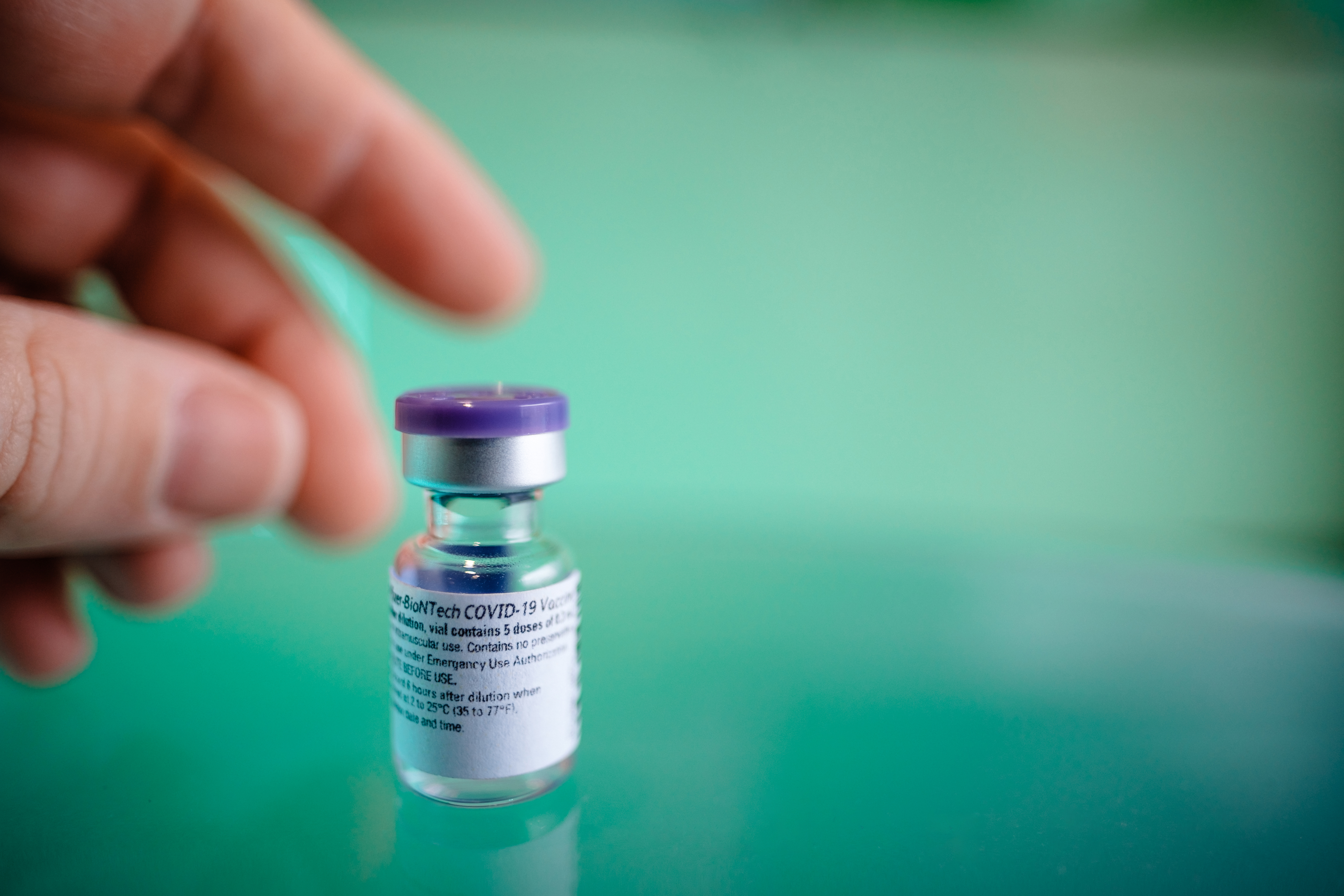Scientists make case for one dose of Pfizer’s COVID jab to stretch supplies

Two researchers have suggested that the second dose of Pfizer and BioNTech’s COVID-19 vaccine could be delayed, as this would increase the number of people that can be protected while supplies are limited without compromising its efficacy.
The two Canadian researchers – Danuta Skowronski and Gaston De Serres – make the suggestion in a letter to the New England Journal of Medicine, in which they say the shot has more than 90% efficacy after one dose.
The scientists draw their conclusions from an analysis of documents submitted to the FDA, which indicate 52% protection with the Comirnaty (BNT162b2) vaccine after a dose. That was measured two weeks after dosing however, and they argue that isn’t enough time for the immune system to full respond to the jab.
Their calculated efficacy of 92% is in line with the first-dose protection found with Moderna’s vaccine, which like Comirnaty is based on mRNA.
“With such a highly protective first dose, the benefits derived from a scarce supply of vaccine could be maximised by deferring second doses until all priority group members are offered at least one dose,” write Skowronski and De Serres in the letter.
They say that delaying the second dose is “a matter of national security that, if ignored, will certainly result in thousands of COVID-19-related hospitalisations and deaths this winter in the US.”
Pfizer has responded by saying that that alternative dosing regimens of Comirnaty have not been evaluated, and any decision to delay a second dose lies with health authorities.
“We at Pfizer believe that it is critical for health authorities to conduct surveillance on implemented alternative dosing schedules to ensure that vaccines provide the maximum possible protection,” said the drugmaker.
Skowronski and De Serres acknowledge that delaying the second dose could have an impact on the duration of protection, but suggest that giving a second within a month of the first “provides little added benefit in the short term".
Some health authorities have already gone down this route. In the UK, for example, the decision was taken to delay giving the second dose up to 12 weeks after the first, rather than the recommended interval of 21 days.
That has proved controversial, with opponents of the strategy arguing that neutralising antibody immunity is likely to fall with delayed dose which could compromise both an individual’s protection and immunity in the population.
Some have called for both intervals to be used and compared as the vaccination programme rolls out, to gather data on relative protection rates.
Feature image copyright BioNTech SE 2020, all rights reserved












